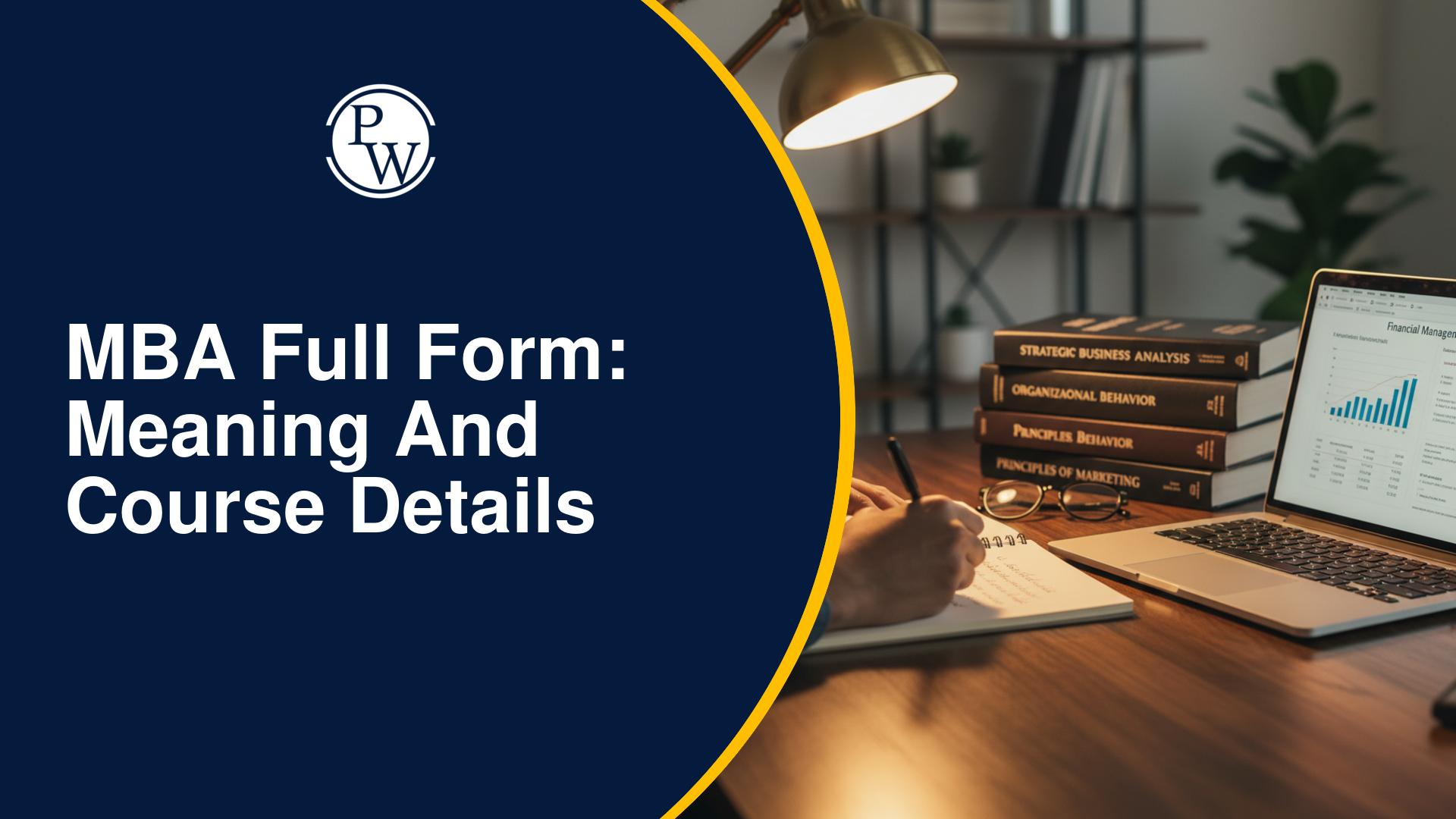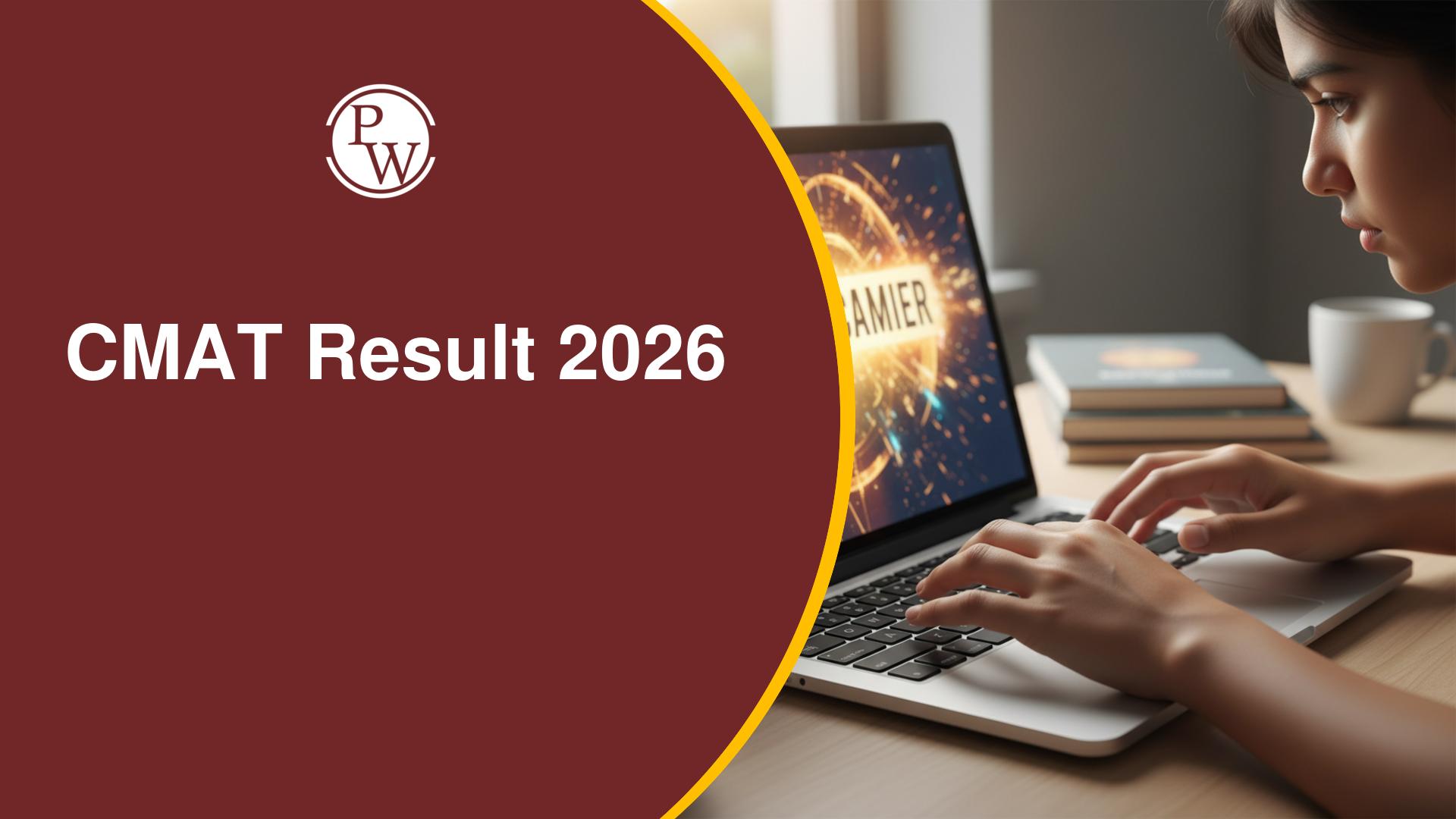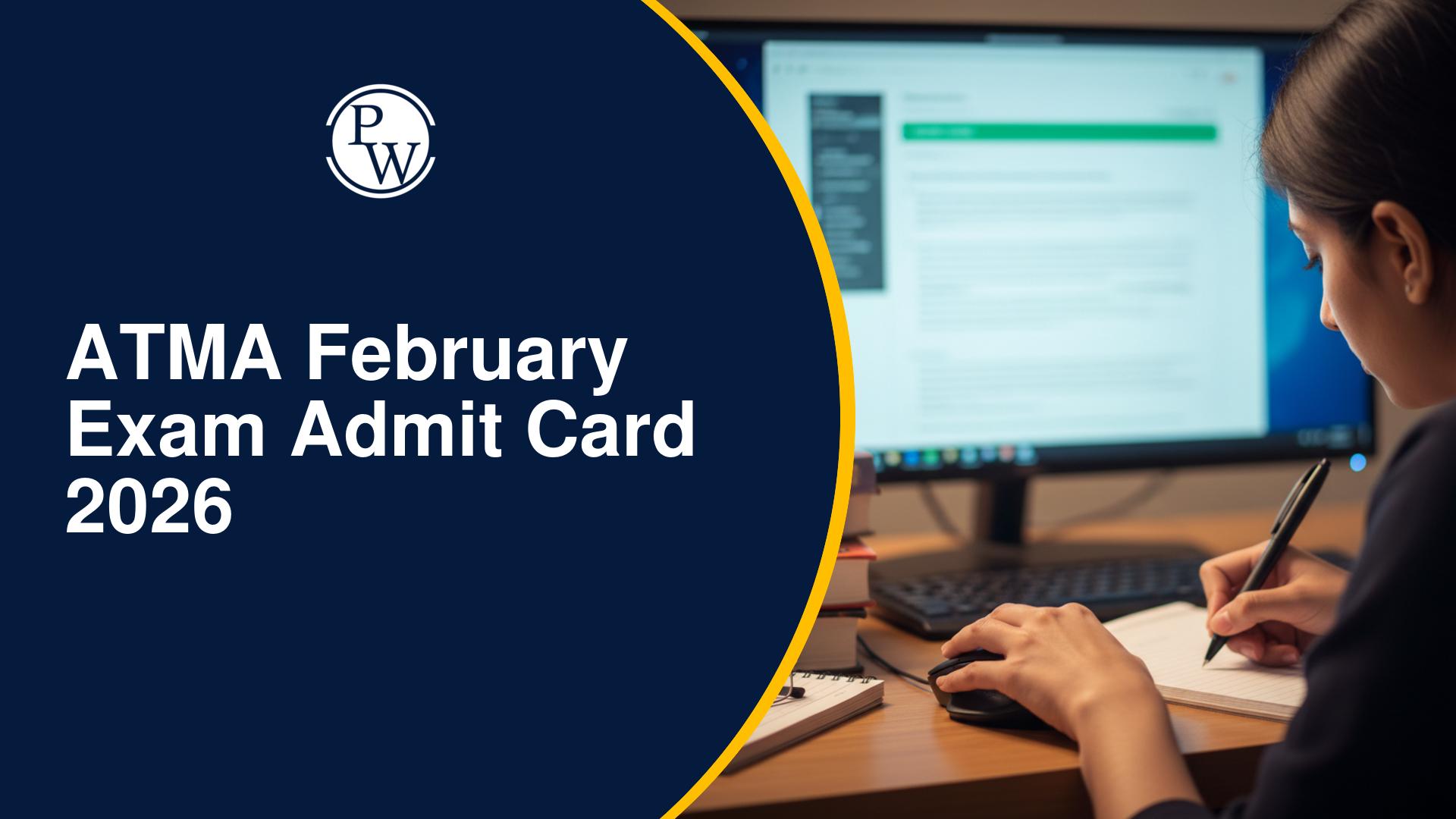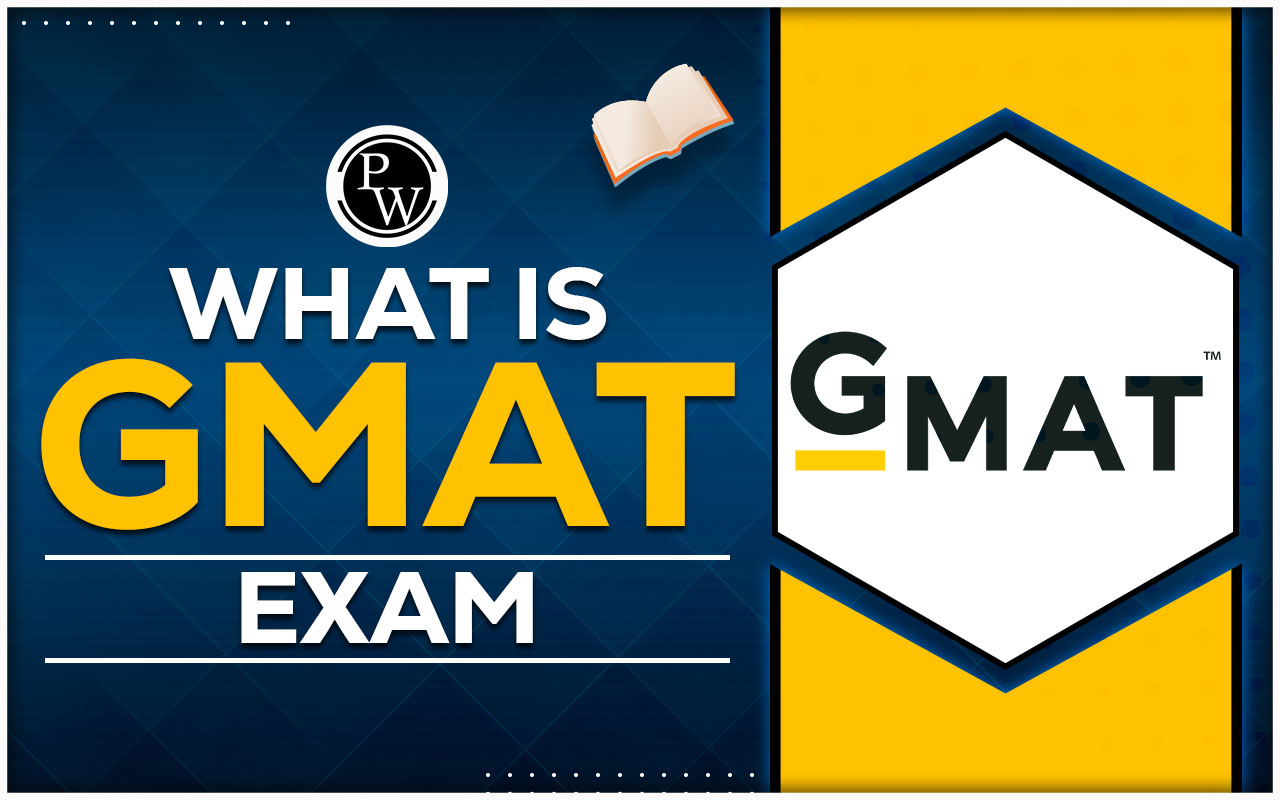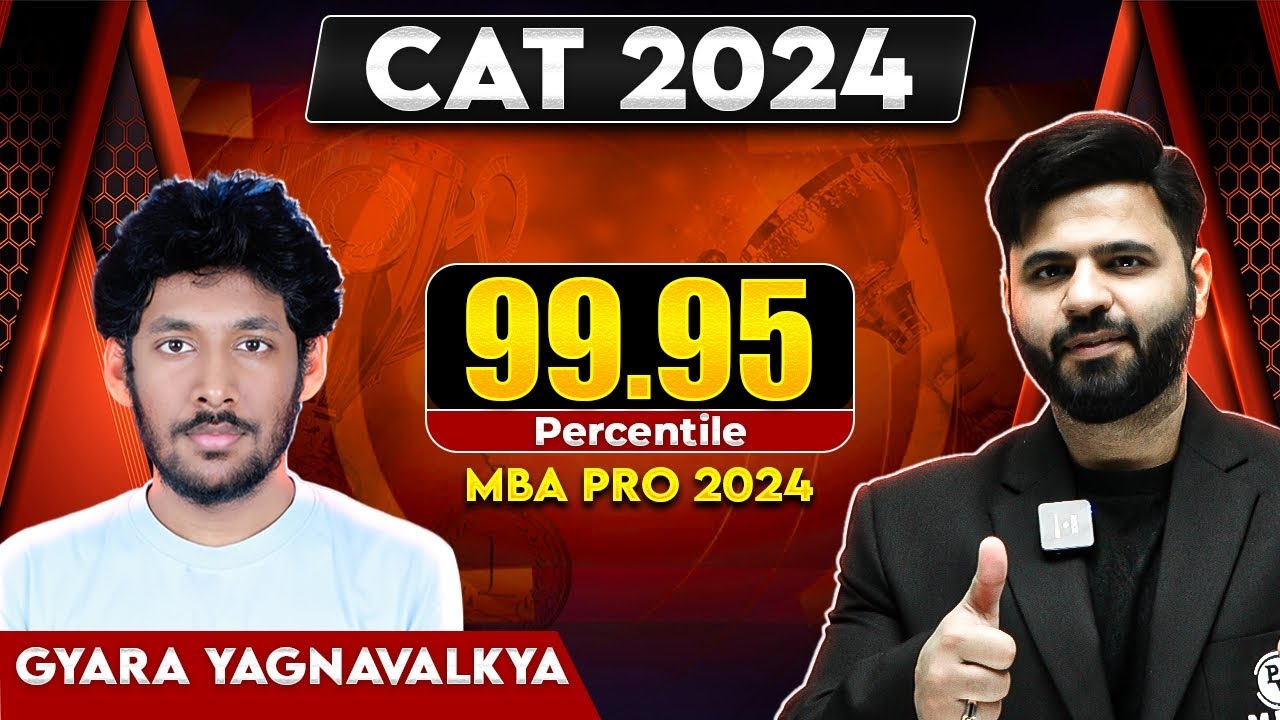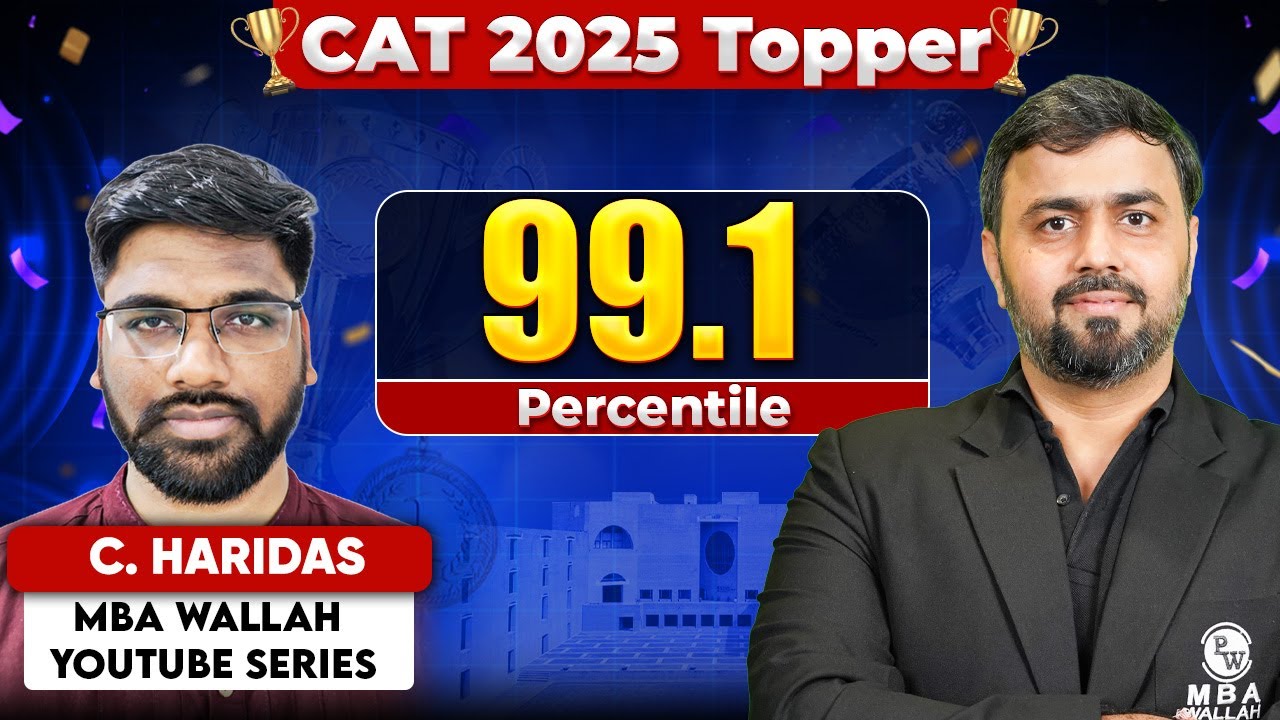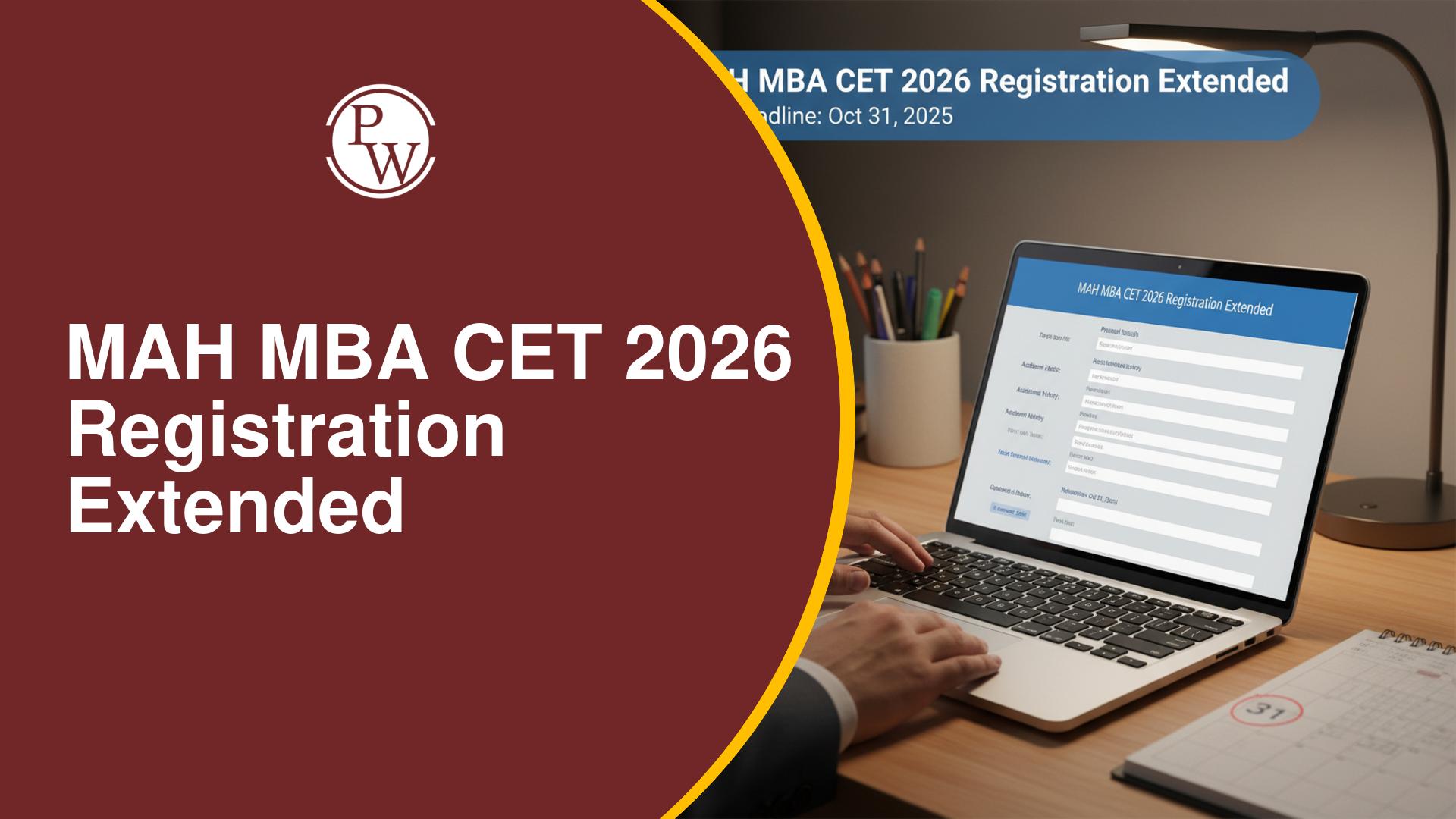
Reading Comprehension Questions: The CAT exam's Verbal Ability and Reading Comprehension section usually consists of 34 questions, with 24 focusing on Reading Comprehension (RC). These RC questions evaluate how well candidates can understand passages and respond to related questions.
Moreover, to excel in the CAT Reading Comprehension section, it's crucial for candidates to master these question types and practice a range of RC passages. It's important to get the main ideas and logical progression of the passages rather than getting bogged down by minor details.Reading Comprehension Questions in CAT Exam
Reading Comprehension (RC) is a crucial part of the CAT exam, accounting for about 24 out of 34 questions in the Verbal Ability section. RC passages cover a wide range of topics including philosophy, business, art, science, and technology. The difficulty level of CAT RC passages and questions has increased in recent years, with more critical reasoning, inference, and tone/attitude questions.- To excel in CAT RC, it is important to read a variety of articles daily to improve reading speed and comprehension. Solving previous year CAT RC questions and analyzing the types of passages and questions asked is also very helpful.
| Reading Comprehension Questions in CAT Exam | |
| Category | Details |
| Question Type | Multiple Choice Questions (MCQs) |
| Number of Questions | 24-26 questions |
| Marks per Question | 1 mark per question |
| Total Marks | 24-26 marks |
| Time Allotted | 40-45 minutes |
| Passage Types | Fiction, non-fiction, newspaper articles, essays, etc. |
| Question Formats | Factual, inferential, vocabulary-based, etc. |
Types of Reading Comprehension Questions in CAT Exam
Reading Comprehension (RC) is a crucial part of the Verbal Ability and Reading Comprehension (VARC) section in the CAT exam. It typically accounts for around 24 out of the 34 questions in the VARC section. Given the importance of RC in the CAT, it is essential for candidates to understand the different types of RC questions they may encounter.Main Idea Based Questions
These questions test the candidate's ability to identify the central theme or the main purpose of the given passage. Some examples of main idea based questions include:- What is the central idea of the passage?
- What is the main purpose of the given passage?
- The main point that the passage implies is _______.
- Which of the options properly implies the gist of the passage?
- The structure of the passage can be best described by ________.
Title Based Questions
In these questions, candidates are required to choose the most appropriate title for the given passage from the answer options. Examples include:- Which of the following is the most suitable title for the passage?
- The most apt title for the passage is ______.
- The title of the passage can be perfectly represented by _______.
Paragraph and Structure Based Questions
These questions test the candidate's understanding of the organization and structure of the passage. They may ask about the purpose, tone, or focus of a specific paragraph, or how the passage as a whole is structured. Some examples include:- The organization of the passage can be best described as _____.
- The second paragraph criticises ______.
- The third paragraph describes _______.
Vocabulary Based Questions
These questions test the candidate's command over vocabulary and their ability to understand the contextual meaning of words. They often involve identifying synonyms or antonyms of a given word. Examples include:- Which word means the same as "___"?
- What does the word "___" mean?
- The antonym of the word "___" is?
Inference Based Questions
These questions require candidates to draw logical conclusions or make inferences based on the information provided in the passage. They test the candidate's analytical and reasoning skills. Some examples include:- Which of the following can be inferred from the passage?
- The passage suggests that _______.
- It can be inferred from the passage that _______.
Fact Based Questions
These questions test the candidate's ability to identify and recall specific details or facts mentioned in the passage. Examples include:- According to the passage, _______.
- The passage states that _______.
- Which of the following is true about _______ as mentioned in the passage?
Tone Based Questions
These questions assess the candidate's ability to identify the overall tone or attitude of the author in the passage. Examples include:- The tone of the passage can be best described as _______.
- The author's attitude towards _______ is _______.
- The passage conveys a _______ tone.
Strategies for Tackling CAT Reading Comprehension Questions
Here are some effective strategies that can help candidates tackle the different types of RC questions in the CAT exam:- Understand the passage : Before attempting to answer the questions, it is crucial to carefully read and understand the passage. Identify the main idea, the author's perspective, and the key details and arguments presented.
- Prioritize question types : Allocate more time to questions that test your understanding of the passage, such as main idea, inference, and tone-based questions. These tend to be more time-consuming but carry higher weightage.
- Manage time effectively : Quickly skim through the questions before reading the passage, so you can identify the key information to focus on. Spend more time on difficult questions and move on if you are stuck.
- Strengthen your vocabulary : Build a strong vocabulary by regularly reading a variety of materials, including newspapers, magazines, and books. This will help you understand the contextual meaning of words and answer vocabulary-based questions.
- Practice actively : Solve a wide range of RC passages from different sources, including previous year CAT papers. Analyze your mistakes and work on improving your weaknesses.
- Develop a systematic approach : Familiarize yourself with the different types of RC questions and practice using a consistent approach to tackle each type effectively.
Reading Comprehension Questions in CAT
What are the main idea based questions in CAT Reading Comprehension?
Main idea based questions in CAT RC test your ability to identify the central theme or purpose of a passage. For example, you might be asked to choose the main idea or the primary argument of the passage.
What are vocabulary based questions in CAT Reading Comprehension?
Vocabulary based questions assess your understanding of words in context. They may ask you to find synonyms, antonyms, or meanings of words as used in the passage.
What are inference based questions in CAT Reading Comprehension?
Inference based questions require you to draw conclusions based on information provided in the passage. You need to use logical reasoning to determine what can be inferred from the passage.
How can I tackle tone based questions in CAT Reading Comprehension?
Tone based questions evaluate your ability to identify the author's attitude or tone towards the subject. You need to analyze the language and style used in the passage to determine the author's perspective.
What strategies should I use to excel in CAT Reading Comprehension?
To perform well in CAT RC, focus on understanding the main ideas rather than minor details, practice with a variety of passages, and develop a strong vocabulary. Effective time management and systematic practice are also key to improving your RC skills
Talk to a counsellorHave doubts? Our support team will be happy to assist you!

Check out these Related Articles
Free Learning Resources
PW Books
Notes (Class 10-12)
PW Study Materials
Notes (Class 6-9)
Ncert Solutions
Govt Exams
Class 6th to 12th Online Courses
Govt Job Exams Courses
UPSC Coaching
Defence Exam Coaching
Gate Exam Coaching
Other Exams
Know about Physics Wallah
Physics Wallah is an Indian edtech platform that provides accessible & comprehensive learning experiences to students from Class 6th to postgraduate level. We also provide extensive NCERT solutions, sample paper, NEET, JEE Mains, BITSAT previous year papers & more such resources to students. Physics Wallah also caters to over 3.5 million registered students and over 78 lakh+ Youtube subscribers with 4.8 rating on its app.
We Stand Out because
We provide students with intensive courses with India’s qualified & experienced faculties & mentors. PW strives to make the learning experience comprehensive and accessible for students of all sections of society. We believe in empowering every single student who couldn't dream of a good career in engineering and medical field earlier.
Our Key Focus Areas
Physics Wallah's main focus is to make the learning experience as economical as possible for all students. With our affordable courses like Lakshya, Udaan and Arjuna and many others, we have been able to provide a platform for lakhs of aspirants. From providing Chemistry, Maths, Physics formula to giving e-books of eminent authors like RD Sharma, RS Aggarwal and Lakhmir Singh, PW focuses on every single student's need for preparation.
What Makes Us Different
Physics Wallah strives to develop a comprehensive pedagogical structure for students, where they get a state-of-the-art learning experience with study material and resources. Apart from catering students preparing for JEE Mains and NEET, PW also provides study material for each state board like Uttar Pradesh, Bihar, and others
Copyright © 2026 Physicswallah Limited All rights reserved.
